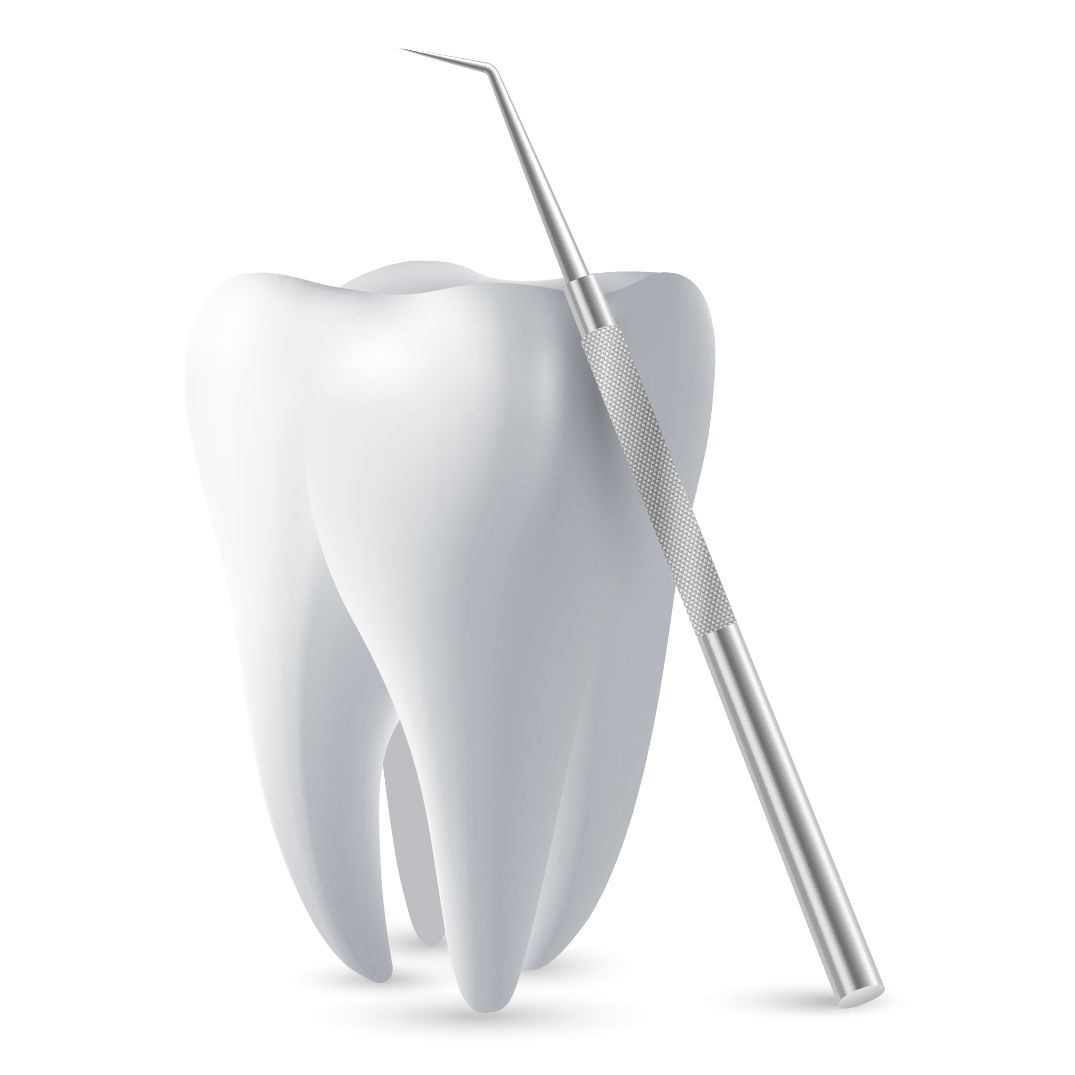
Apicoectomy Huntington
A second chance for your smile! Embrace dental renewal with Apicoectomy in Huntington.
What is Apicoectomy?
Apicoectomy, also known as root-end surgery, is a specialized dental procedure performed to save a tooth when a previous root canal treatment has failed or when additional treatment is needed. During the procedure, the tip of the tooth's root, known as the apex, is carefully removed along with any infected tissue. The root end is sealed to prevent further infection, promoting healing and restoring the tooth's health.


Why Choose Apicoectomy?
An apicoectomy offers a second chance at saving a tooth that has not responded adequately to a conventional root canal treatment. This procedure is particularly beneficial when the root canals are complex or inaccessible through traditional methods. Patients can avoid tooth extraction and maintain their natural smile and oral function by opting for an apicoectomy. This advanced treatment is performed by skilled endodontists with surgical and dental procedures expertise, ensuring the best possible outcome for your dental health.
Apicoectomy Procedure
The apicoectomy procedure begins with administering local anesthesia to numb the area for your comfort. A small incision is made near the affected tooth, providing access to the root. The endodontist carefully removes the infected or damaged tissue and the root end before sealing it with a biocompatible material. This sealing prevents bacteria from re-entering the tooth, supporting healing. Once the procedure is complete, the incision is closed with stitches. Over time, the treated tooth heals, and you can enjoy restored oral health.

Am I a candidate?
If you have undergone a root canal treatment that has not successfully resolved the issue or have a tooth with a persistent infection, you may be a candidate for an apicoectomy. The procedure is typically recommended when other treatments have been ineffective or when the root canal anatomy is challenging to address. Your endodontist will conduct a thorough examination and discuss your dental history to determine whether an apicoectomy is the right course of action for your individual needs.


Post Treatment Care
Following an apicoectomy, adhering to the post-treatment care instructions provided by your endodontist is essential. You may experience some mild discomfort and swelling in the days following the procedure, which can be managed with prescribed medications. Rest and a soft diet are recommended during the initial healing period. Maintaining proper oral hygiene and attending follow-up appointments with your endodontist will ensure that the treated tooth heals effectively, promoting long-term dental health.
Our Doctors
Meet our team of acclaimed dentists in Huntington, dedicated to providing exceptional care to all our patients.






 GO TO INSIGHTS
GO TO INSIGHTS






















